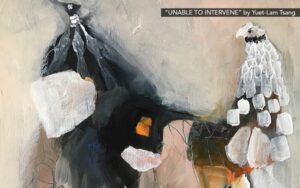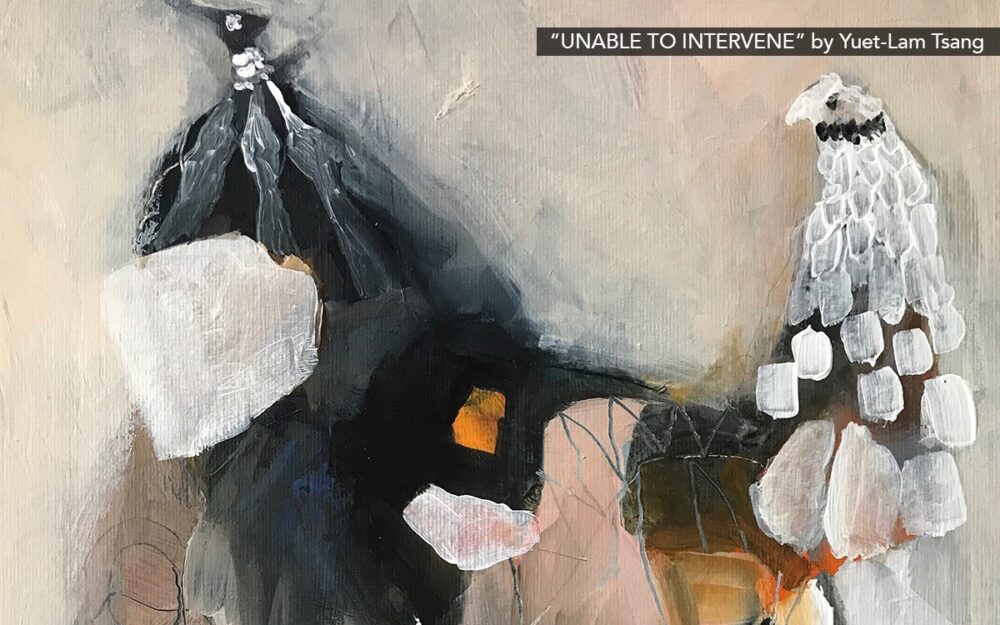July 21, 2015; NBC Dallas Fort Worth
We suspect that few people pulled over for a minor traffic violation choose to hang themselves in a jail cell only a few days later. Police initially listed the cause of death as suicide for 28-year-old Sandra Bland, who had been jailed for allegedly assaulting police officer during the traffic stop.
Bland had just moved to Texas from Illinois to take a job as “student ambassador to the alumni association at Prairie View A&M University, a historically black university from which she graduated in 2009.” She died two days before she was to start her new job. After her arrest, apparently for kicking a Texas state trooper, who the FBI has already determined to have violated Texas state trooper policy on traffic stops as well as the department’s “courtesy policy,” Bland was taken to the Waller County, Texas jail. According to several sources, there is a history of significant racial tension in Waller, including charges of misconduct against African-Americans concerning the police department and some of its personnel. (Mother Jones details some of the county’s racial problems.) Recently released video shows an apparently overly aggressive arrest and takedown by the police involved.
https://www.youtube.com/watch?t=511&v=yf8GR3OO9mU
Besides her connection with Prairie View A&M, Bland was a civil rights activist. She routinely posted videos on various social media sites denouncing police violence under the hashtag #SandySpeaks. Some news sites have made much of allegations that Bland suffered from depression and post-traumatic stress syndrome, but the source of suggestions of mental or emotional illness seems to be this comment from one of her videos in March:
Sign up for our free newsletters
Subscribe to NPQ's newsletters to have our top stories delivered directly to your inbox.
By signing up, you agree to our privacy policy and terms of use, and to receive messages from NPQ and our partners.
“I gotta be honest with you guys…I’ve been dealing with something that some of you all may be dealing with now. It’s a little bit of depression as well as PTSD…Depression and post-traumatic stress disorder are things that affect everyone—black, white, it does not matter.”
Having just taken a new job, and even after the arrest having tried to post bail, it doesn’t seem like Bland was a suicide waiting to happen. These insinuations about the purported cause of her suicide are troubling—not only when it comes to Bland, but also concerning the attitudes of those observers trying to make the point that emotional problems like depression are a logical, almost inescapable causal factor in an otherwise inexplicable suicide. According to the Centers for Disease Control and Prevention, about nine percent of Americans suffer from conditions that might warrant a diagnosis of depression. Women are 70 percent more likely than men to suffer from depression at some time in their lives. Blacks have the highest rates of depression—12.8 percent compared to 11.4 percent of Hispanics and 7.9 percent of whites. For those readers who have had their share of prescriptions for Prozac, Celexa, or other antidepressants, you know that though you might be depressed, you weren’t likely to commit suicide over having been pulled over for crossing lanes without signaling, as Bland allegedly was. Depression is a leading cause of disability for Americans between the ages of 15 and 44. To ascribe Bland’s purported suicide to a comment about depression made three months ago reflects the lingering societal discrimination against persons with disabilities.
There is no specific indication of what might have led Bland to describe herself as suffering from PTSD, but there is a growing literature about race-based PTSD, which might be heightened as African-Americans become more aware of the litany of unarmed blacks who have been killed by police or massacred by racists like Dylann Roof in Charleston. Despite the impact of racism on young African-Americans, statistics show that blacks are much less likely to commit suicide than whites; the suicide rate for whites in 2013 was 14.2 per 100,000 in population compared to 5.4 for blacks.
Despite the police conclusion that Bland committed suicide, a Texas district attorney assigned to the investigation is looking at Bland’s death as a possible murder. For the community, Bland’s death has led to a new hashtag campaign, #IfIDieinPoliceCustody, which people are tweeting with follow-ons that they did not and would not commit suicide. As New York Times columnist Charles Blow noted, the idea that a young woman like Bland, arrested for a minor traffic infraction on her way to start a new job, would commit suicide is a little hard to absorb. Noting a similar case from just last week, the alleged jail-cell suicide of 18-year-old Kindra Chapman in Alabama after she had been arrested for the charge of stealing a cell phone, Blow cited Bureau of Justice Statistics data that “on the whole, men are more likely to commit suicide in local jails than women, young people are less likely to do so than older people, and black people are the least likely to do so than any other racial or ethnic group.” Blow concludes that the alleged jail-cell suicides of Bland and Chapman warrant investigation.
Maybe something happened that turned the Sandra Bland who was starting a new job into the Sandra Bland who inexplicably (allegedly) hanged herself in a Waller County jail cell. But adding Bland’s name to the litany of black men and women who have died while in police custody suggests her death is yet one more incident that warrants an investigation of potential racial bias and mistreatment. And trying to blame Bland’s alleged suicide on depression is a serious mischaracterization and a misuse of mental or emotional disability as an ex post facto explanation.—Rick Cohen













